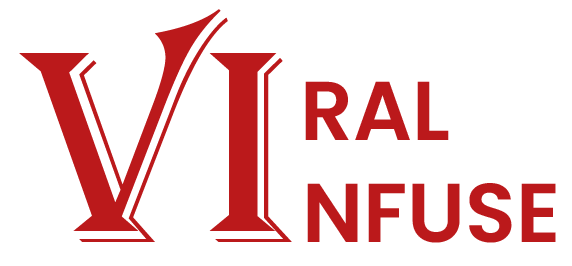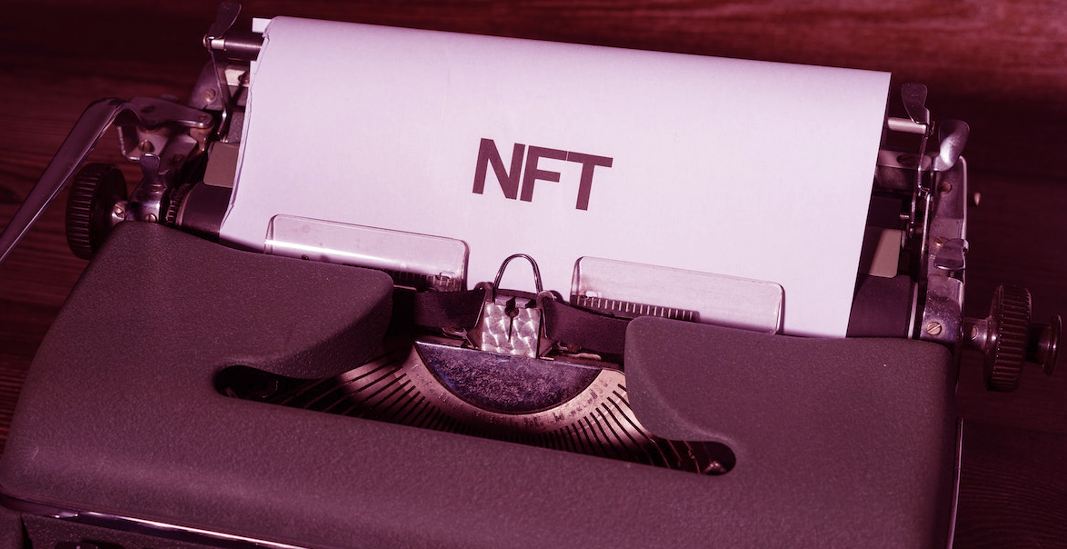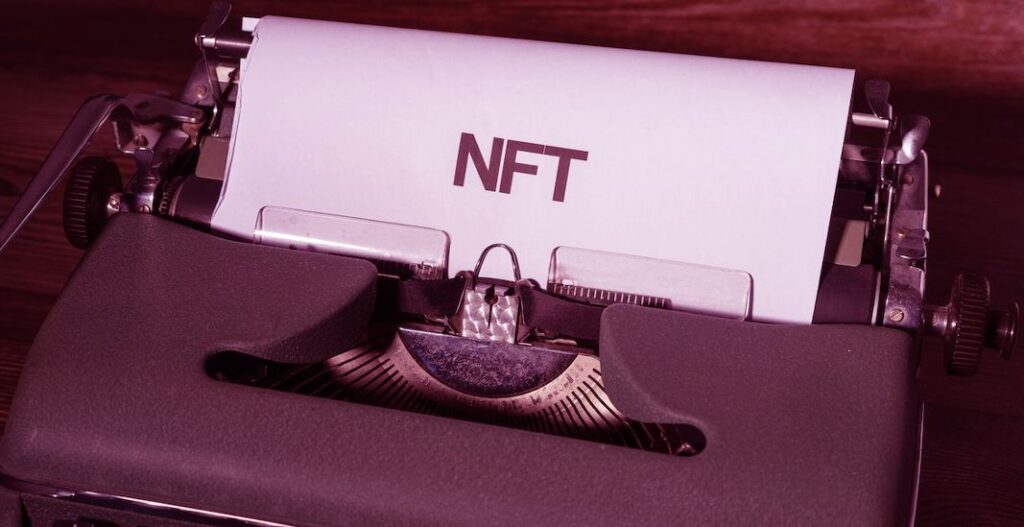NFTs are digital tokens that represent assets, such as shares, bonds, money, or even physical goods that can be traded on the blockchain. They can be created by anyone with access to a computer and the internet. The idea of NFTs was first introduced in 2014 by Vitalik Buterin and Joseph Poon from the Lightning Network project.
NFT marketplace development is a process that is used to create a decentralized marketplace for trading assets. It works by using smart contracts and blockchain technology.
What is an NFT Marketplace?
NFT (non-fungible token) is a digital asset that is not created by any central authority, similar to a cryptocurrency. It can be used as an alternative way of trading physical assets such as art, collectibles, or even property. NFTs are often traded on crypto exchanges and platforms. However, this is not the only way to trade them. Some companies have created their own nft marketplace where people can trade NFTs for other digital assets or fiat currencies.
The first NFT marketplace was launched in 2017 by CryptoKitties, which was followed by other major companies such as OpenSea and Crypviser.
NFT Trading Platforms – How NFT Markets Work in Real Life
NFT trading platforms are a new way of trading that has been gaining momentum in recent years. These platforms use non-fungible tokens (NFTs) to trade.
The idea behind NFTs is that they are unique and can’t be copied or replicated, unlike traditional cryptocurrencies. This means that they are not only more secure than traditional cryptocurrencies but also less prone to market manipulation and fraud.
NFT markets allow people to trade any asset without the need of a trusted third party or centralized exchange. They offer a decentralized solution where people can trade their assets without having to worry about getting hacked or losing their funds on an exchange platform.
How to Choose Which Blockchain to Build Your NFT Marketplace On?
While there are many different blockchain options, not all of them will be suitable for your business. For example, if you want to build a marketplace for collectible cards, then the best blockchain to build on is ERC-721. If you want to build a marketplace for virtual items in games, then the best blockchain is Ethereum.
When choosing which blockchain to use for your NFT marketplace, it helps to ask yourself these questions: What kind of game or application do I have? What type of item do I have? What are my goals?
The first step in building a successful NFT marketplace is deciding which kind of platform you want to build on. Once you decide that, then it’s time to figure out what type of item will be traded on your platform and what kind of token the item should be. There are many different ways to create a decentralized marketplace and make it succeed. If you are interested in trading tangible items that can be physically sourced, then you need to build a market for real-world assets on blockchain technology.
How to Choose NFT Marketplace Development?
NFTs are the new way to trade cryptocurrencies. They are digital assets that exist in the form of smart contracts on a blockchain. NFTs are tradable and transferable between users.
There are a few main factors that you should consider when choosing the right marketplace development company for your project:
- The company’s experience in developing NFT marketplaces
- The company’s ability to deliver on time
- The company’s knowledge of different blockchains
- The company’s ability to provide a complete solution
Best NFT Marketplace Development Services Companies
The world of blockchain has brought about a lot of new ideas and new possibilities for businesses. Blockchain technology is also changing the way we think about digital marketing, advertising, and content marketing.
NFTs are digital assets that exist on the blockchain. They can be anything from collectibles to real estate to crypto-assets. With an increase in demand for NFTs, the need for trusted development services companies is increasing as well.
Best NFT Marketplace Development Services Companies:
- Kevuru
- PixelPlex
- Interexy
- ConsenSys
- Reliable Group



